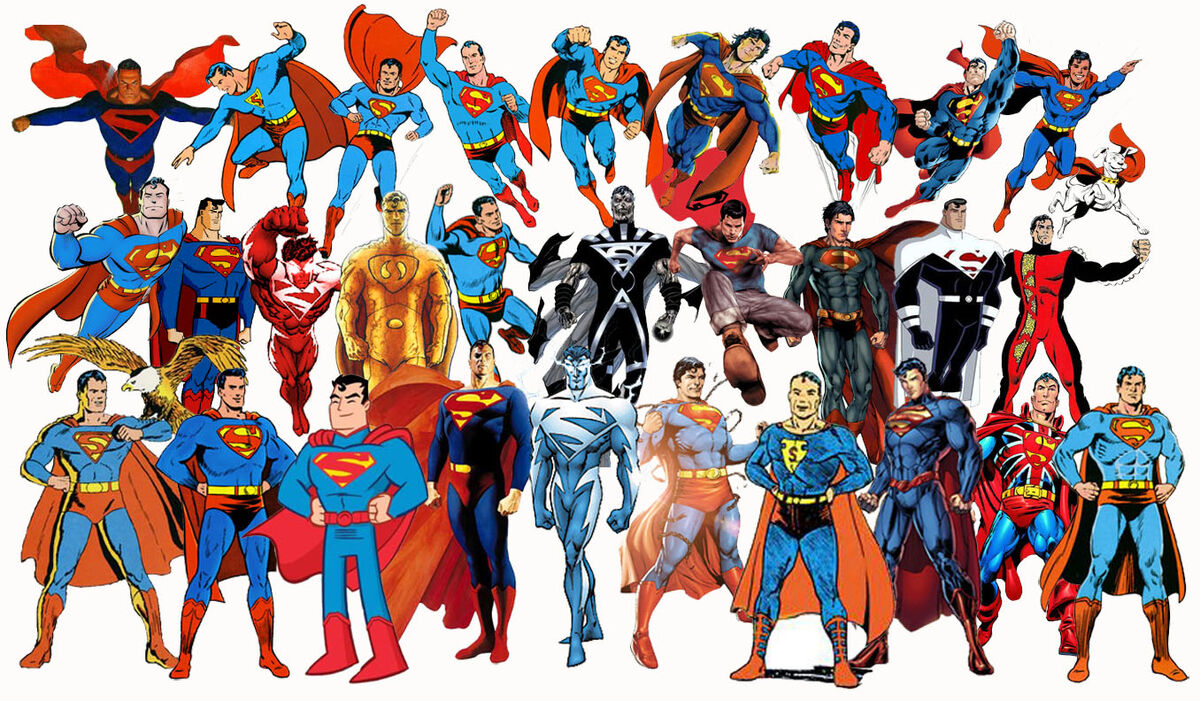- 9,044
- 9,279
Nevertheless, tone it down. At the worst, a report to the RVR if necessary. Though I don't see as necessary at this point.Lephyr, I understand where you're coming from, but it's past an accusation at this point. We have eyes. The quote contains nothing of the sort.
Also, Deagon is correct, Weekly. Unless a Bureaucrat gave you permission, even if you had it, you are allowed only one comment.
